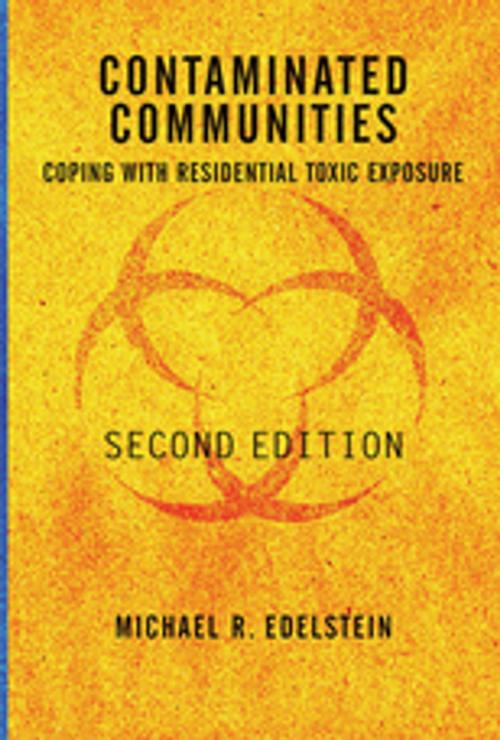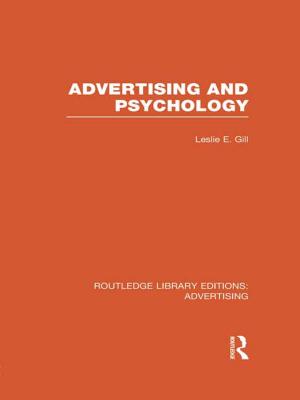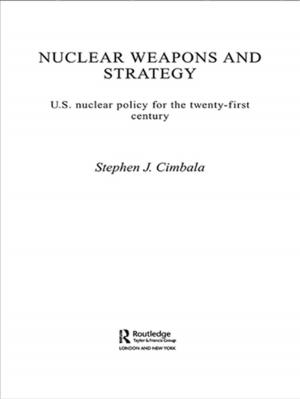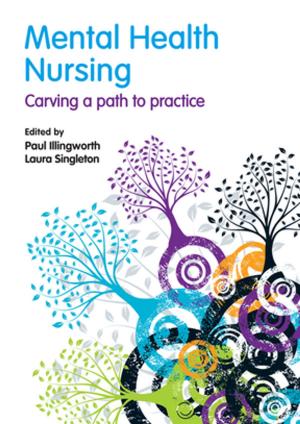Contaminated Communities
Coping With Residential Toxic Exposure, Second Edition
Nonfiction, Social & Cultural Studies, Social Science, Sociology| Author: | Michael Edelstein | ISBN: | 9780429981029 |
| Publisher: | Taylor and Francis | Publication: | October 8, 2018 |
| Imprint: | Routledge | Language: | English |
| Author: | Michael Edelstein |
| ISBN: | 9780429981029 |
| Publisher: | Taylor and Francis |
| Publication: | October 8, 2018 |
| Imprint: | Routledge |
| Language: | English |
In this wholly revised second edition, Michael Edelstein draws or iis thiffy years as a community activist tc provide a much-expanded theoretical foundation for understanding the psychosocial impacts of toxic contaminagtion. Informed by social psychological theory and an extensive survey of documented cases of toxic exposure, and enlivened by excerpts drawn from more than one thousand Interviews with victims, Contaminated Communities, Second Edition, presents, a candid portrayal of the toxic victim's experience and the key stages in the course of toxic disaster. The second edition introduces dozens of new cases and provvides expanded considerations of environmental justice, environmental racism, environmental turbulence, and environmental stigma, as well as a fully articulated theory of "lifescape." The new edition moves past the well-charted role of reactive environmentalism to explore issues for a proactivist approach that employs a "third path" of social learning, sustainable innovation, consensus building, and community empowerment.
In this wholly revised second edition, Michael Edelstein draws or iis thiffy years as a community activist tc provide a much-expanded theoretical foundation for understanding the psychosocial impacts of toxic contaminagtion. Informed by social psychological theory and an extensive survey of documented cases of toxic exposure, and enlivened by excerpts drawn from more than one thousand Interviews with victims, Contaminated Communities, Second Edition, presents, a candid portrayal of the toxic victim's experience and the key stages in the course of toxic disaster. The second edition introduces dozens of new cases and provvides expanded considerations of environmental justice, environmental racism, environmental turbulence, and environmental stigma, as well as a fully articulated theory of "lifescape." The new edition moves past the well-charted role of reactive environmentalism to explore issues for a proactivist approach that employs a "third path" of social learning, sustainable innovation, consensus building, and community empowerment.















